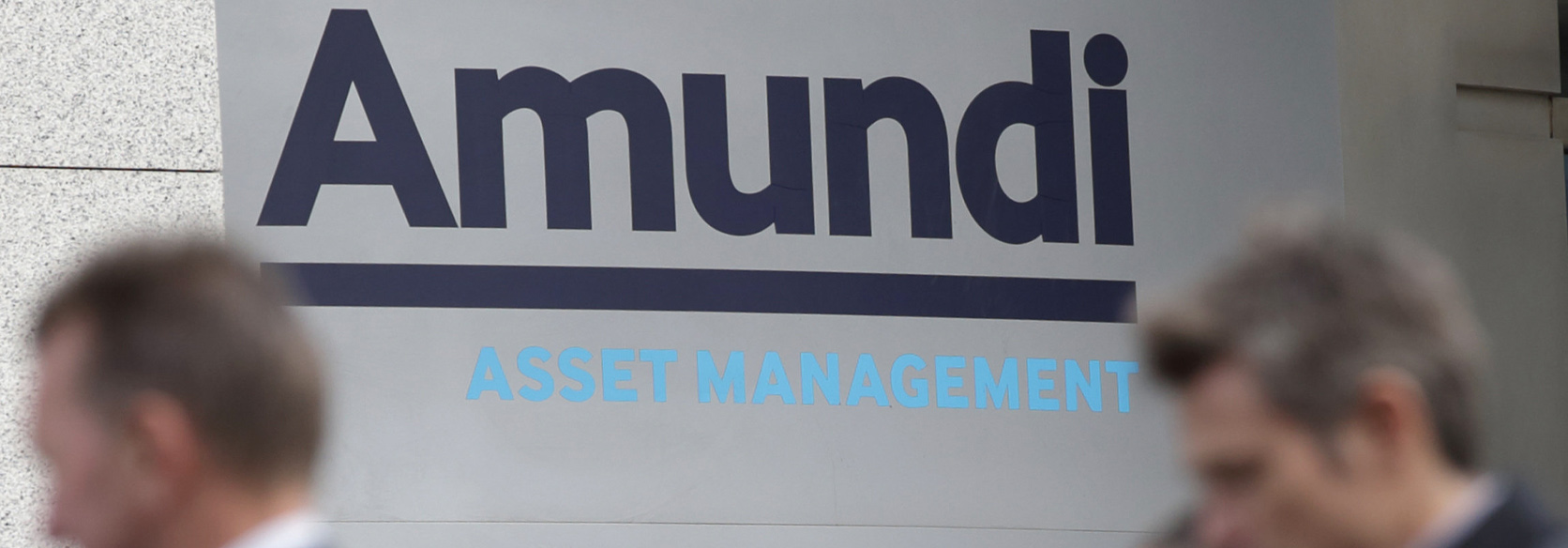
Amundi scores highest among European ESG asset managers

New study reveals different ‘ESG cultures’ across Europe’s top firms
Amundi is the European asset manager best placed to generate environmental, social and governance-linked capital flows and benefit from the growth of the sustainable finance market, according to research by Citi, which considered factors such as the integration of sustainability into investment decisions, ESG funds performance, but also companies’ level of ‘activism’ expressed through their willingness to vote against management based on ESG concerns.
The study found that Amundi’s engagement, voting, and targets were evidence of a “clear ESG culture”. Of the other seven asset managers reviewed, Abrdn and DWS Group scored relatively high too, thanks also to the development of their respective ESG platforms, which Citi says is an underappreciated factor in the market. Schroders is also part of the high-achieving group.
Ashmore Group, Jupiter Fund Management and Vontobel Asset Management scored worse than their peers, though Ashmore, along with Schroders, showed the highest degree of integration of ESG factors in investment decisions. Amundi is fully ESG-integrated across its open-ended funds.
However, Citi admits that ESG integration is a largely subjective assessment that could simply indicate the use of third-party ESG analysis or the application of a relatively simple exclusion list. By contrast, the proportion of assets under management specifically dedicated to ESG is significantly lower, according to the report, with Vontobel scoring the higher ratio at 25 per cent of total.
While ESG engagement is growing, the focus largely remains on governance (representing 55 per cent of engagements on average), rather than environmental and social issues. Aside from Amundi and Man Group, support for ‘E’ and ‘S’ resolutions is mixed, says Citi.
Nicholas Herman, lead author of the research, says companies’ culture and quality of specific solutions will grow in importance in the eyes of asset owners as their ESG objectives become “increasingly specialised and so we expect them to increasingly [work] with asset managers that can help them to achieve those objectives”, and they no longer focus only on investment performance.
Global ESG assets under management have increased at a compound annual growth rate of 63 per cent since 2017, although still represent a relatively small percentage of total. Citi says it expects medium-term growth to remain strong thanks to structural drivers such as regulation, societal shifts and ESG assets performance; while consultancy PwC estimates that ESG assets under management will increase threefold by 2025.
Similar Articles

In Charts: Redemptions drag global climate fund flows to lowest level in four years

In Charts: Canada, Japan, South Korea ‘blocking clean energy transition’ with fossil fuel finance


